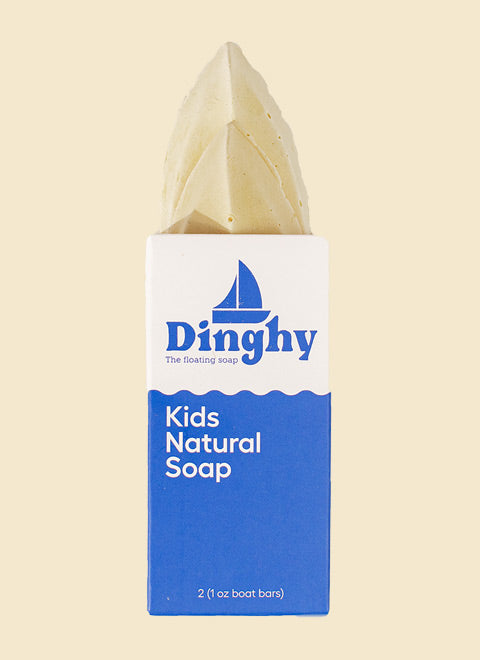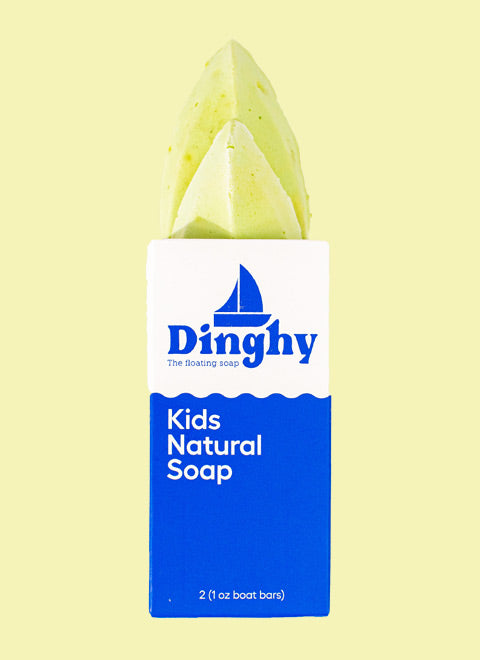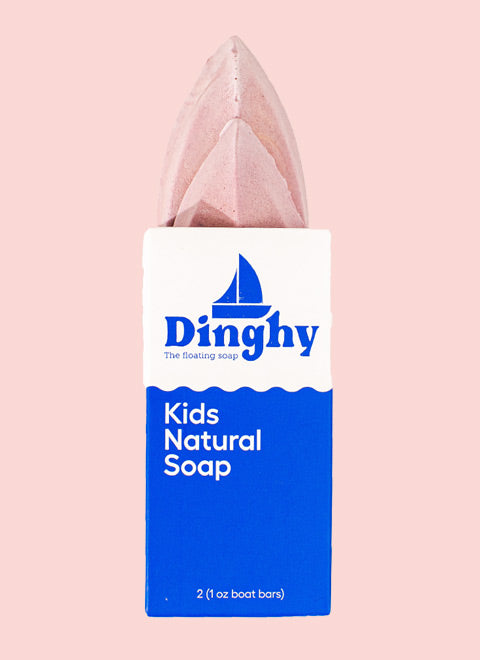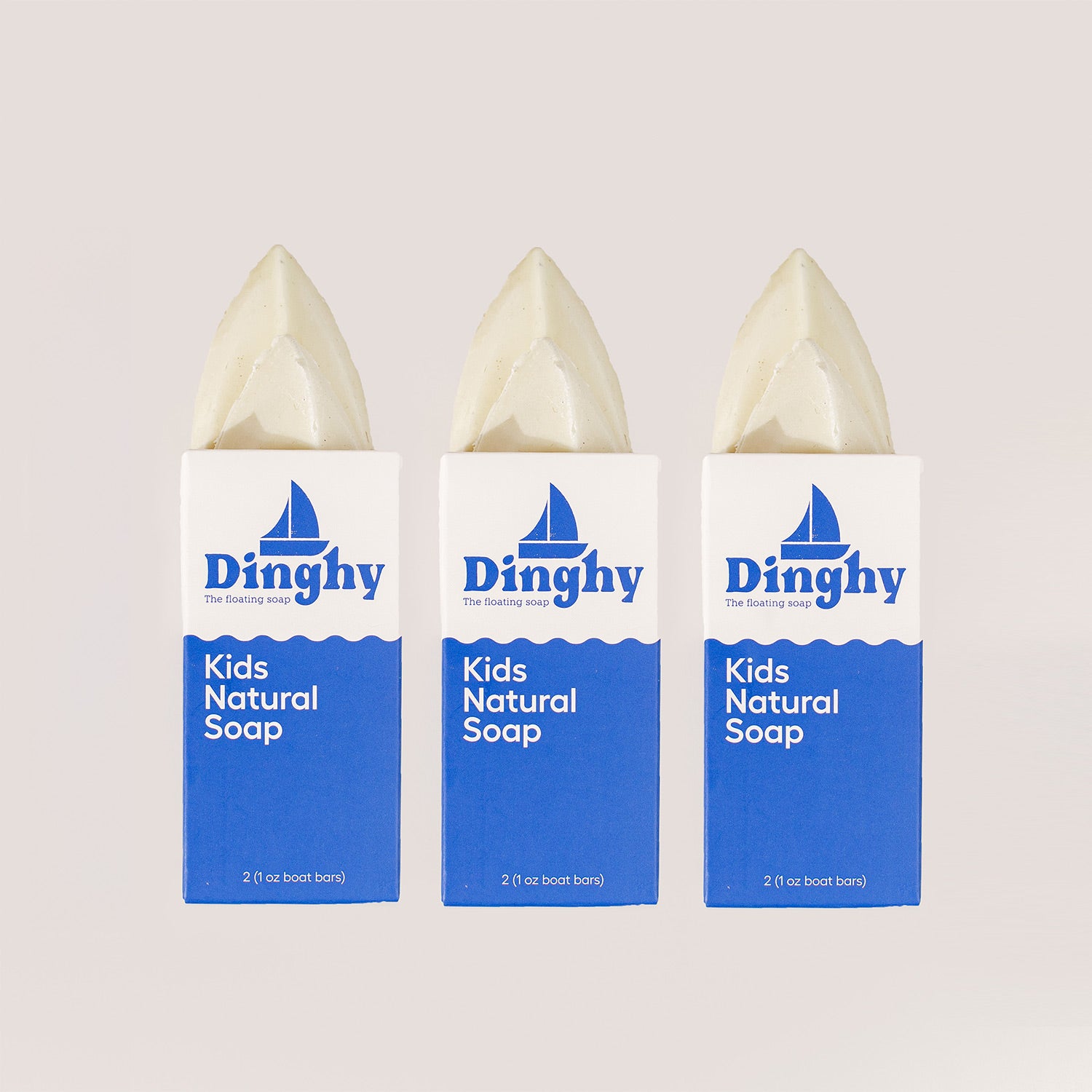In recent years, there has been a growing interest in organic products, including organic soap. Many people are making the switch from commercial soaps to organic options, but what exactly sets them apart? Let's delve into the science behind organic soap and explore how it differs from its commercial counterparts.
Ingredients
One of the key differences between organic and commercial soaps lies in their ingredients. Organic soaps are made from natural ingredients, such as plant oils, herbs, and essential oils. These ingredients are grown without the use of synthetic pesticides or fertilizers, making them a more sustainable and eco-friendly choice.
On the other hand, commercial soaps often contain synthetic ingredients, such as detergents, preservatives, and artificial fragrances. These ingredients can be harsh on the skin and may cause irritation or allergic reactions in some people.
Production Process
The production process also differs between organic and commercial soaps. Organic soaps are typically made using the cold process method, which involves mixing oils and lye (sodium hydroxide) to create a soap base. This process preserves the natural glycerin in the soap, which helps to moisturize the skin.
Commercial soaps, on the other hand, are often made using the hot process method, which involves heating the ingredients to speed up the saponification process. This process can strip the soap of its natural glycerin, leaving it less moisturizing.
Benefits for the Skin
Organic soaps are often touted for their benefits for the skin. Because they are made from natural ingredients, they are gentle and nourishing, making them suitable for all skin types, including sensitive skin. The natural oils in organic soaps can help to moisturize the skin, leaving it feeling soft and hydrated.
Commercial soaps, on the other hand, may contain harsh ingredients that can strip the skin of its natural oils, leading to dryness and irritation. They may also contain synthetic fragrances and preservatives, which can be irritating to some people.
Environmental Impact
Finally, organic soaps are often considered to be more environmentally friendly than commercial soaps. Because they are made from natural ingredients, they are biodegradable and do not contain synthetic chemicals that can harm the environment. Additionally, organic farming practices are generally more sustainable than conventional farming practices, which can help to protect the planet for future generations.
In conclusion, organic soap differs from commercial soap in several key ways, including its ingredients, production process, benefits for the skin, and environmental impact. If you're looking for a gentle, nourishing soap that is kind to your skin and the planet, organic soap may be the perfect choice for you.









